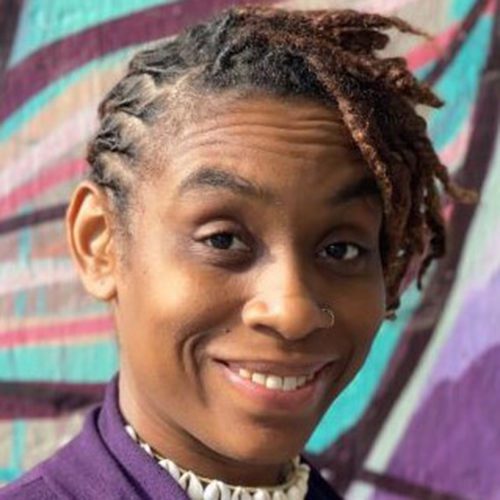
Peer-Reviewed Articles
Book Chapters
Meghan L. Green, EdD is a third-generation educator originally from southwest Louisiana. Her lived experiences as the granddaughter of one woman who left the sixth grade to care for her family and another woman who earned her master’s degree while caring for two young sons influences how she views the relationship between formal institutions of education and the knowledge one learns from spending time in the world. Meghan has worked 15 years in the field of early childhood education as a pre-kindergarten to 4th grade teacher, an adjunct professor of early childhood studies, an anti-bias and anti-racist training facilitator, and as a co-facilitator of NAEYC’s Diversity and Equity Education for Adults (DEEA) interest forum. She has presented sessions at the International Symposium of Poetic Inquiry, the NAEYC Annual Conference, the NAEYC Professional Learning Institute, and the International Congress of Qualitative Inquiry.
In 2022, Meghan earned her EdD in Curriculum and Instruction with a specialization in Early Childhood Education from Texas A & M University-Commerce. Her research interests include the impact of teachers’ lived experiences on their use of cultural sustaining pedagogy and anti-bias and anti-racist early childhood education. Her scholarship centers Black feminist thought and endarkened feminist epistemology within early childhood settings, specifically highlighting the diverse lived experiences of BIPOC early childhood educators through arts based qualitative inquiry methods. Meghan’s forthcoming book chapter explores her intersectional experiences as a Black queer femme presenting educator in the forthcoming edited volume Stories of Resistance: Black Women Creating Their Own Seat at the Table (edited by Alissa Mwenelupembe).
As an arts-based qualitative researcher, she uses multiple modes of representation to reflect on her positionality as a researcher and to craft her story as a cis Black queer woman engaging in critically informed research methodologies within this time and space. By honoring her ways of being and knowing, Meghan brings herself into the research process in a way that feels authentic and valuable and decolonizes her chosen research methodologies “Qualitative educational researchers who seek to truly decolonize their research agendas must critically self-reflect and consider how we are showing up within minoritized communities,” she says. “We must be held accountable by the communities we serve and must aim to make our research texts accessible to our communities.”